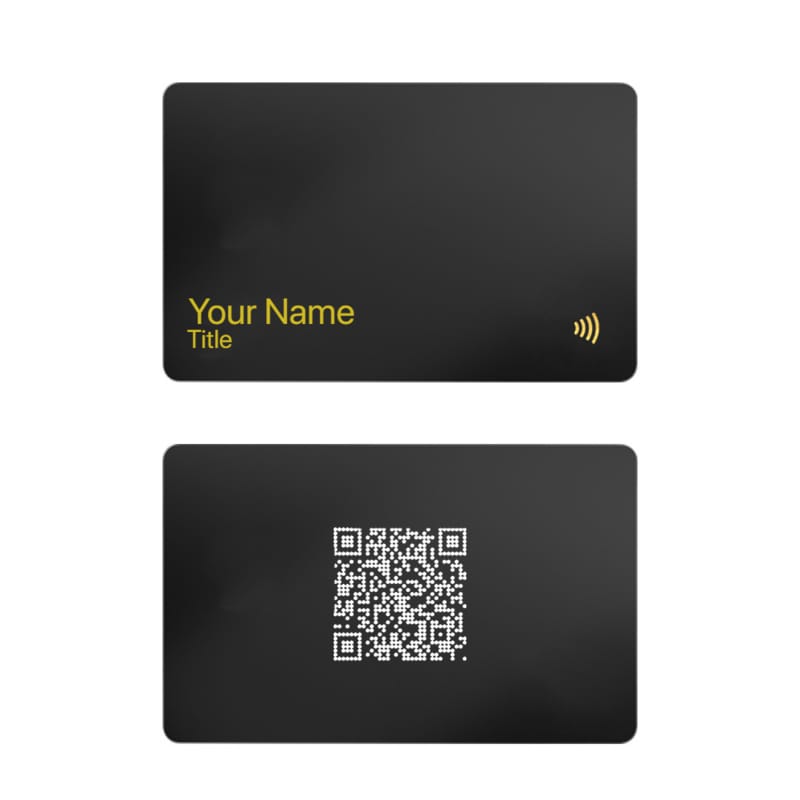A smart card is a small, portable device with embedded integrated circuits that can store and process data. These cards are often made of plastic and are about the size of a credit card. Smart cards come in various types, and they serve different purposes, including security, authentication, and data storage. Here are some key aspects of smart cards:
1. **Integrated Circuits (ICs):** Smart cards contain a small microprocessor or memory chip embedded in the card. This chip is responsible for processing information and managing the card’s functionalities.
2. **Contact and Contactless Types:**
– **Contact Smart Cards:** These cards require physical contact with a card reader for data transfer. The reader makes contact with the embedded chip through metal contacts on the card surface.
– **Contactless Smart Cards:** These cards use radio-frequency identification (RFID) or near-field communication (NFC) technology to communicate wirelessly with card readers. They don’t require direct physical contact with the reader.
3. **Security Features:**
– Smart cards are known for their security features, making them suitable for applications such as access control, electronic payments, and secure identification.
– The embedded chip can store and process cryptographic keys, providing a higher level of security compared to traditional magnetic stripe cards.
4. **Applications:**
– **Identification and Access Control:** Smart cards are commonly used for secure access to buildings, computer systems, and networks.
– **Payment Systems:** Many credit and debit cards now use smart card technology to enhance security in financial transactions.
– **Healthcare:** Smart cards are used in healthcare for secure storage of patient information and access to medical records.
– **Transportation:** Smart cards are utilized in public transportation systems for fare collection and access control.
5. **Multi-Functionality:**
– Smart cards can serve multiple purposes on a single card. For example, a smart card may contain both identification and payment functionalities.
6. **Durability and Portability:**
– Smart cards are designed to be durable, with the embedded chip and data protected against physical damage.
– Their compact size makes them convenient for users to carry in wallets or cardholders.
Smart cards play a crucial role in enhancing security and efficiency across various industries, providing a versatile and secure means of storing and processing sensitive information.
Source – https://Singletap.in
